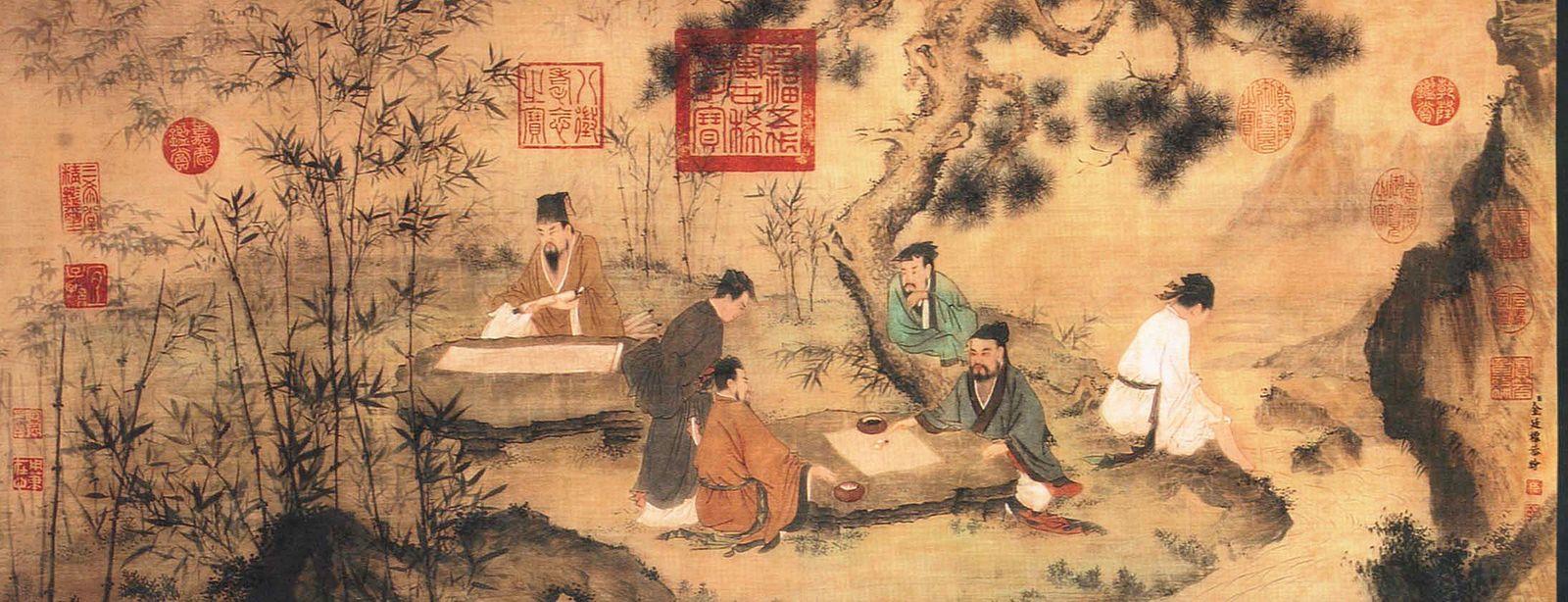

Feb
Say what you want about let’s call it Western society but for better or worse, a valid case can be made that meritocracy contributed to the current dominance (economic and otherwise) of the West. Whether meritocracy took the form of capitalism (the proverbial American dream, if you will) or socialism (in Northern Europe, with different values but nonetheless a meritocratic framework), it is hard to envision an equation in which it didn’t play a reasonable role.
As a bit of anecdotal evidence, we can compare Stalin’s World War II army to that of Germany. While German military leaders for the most part embraced Otto von Bismarck’s meritocracy, Stalin was busy surrounding himself with generals chosen primarily based on loyalty/obedience rather than military qualities. The end result was mostly avoidable decimation on all fronts when it came to the Soviet army.
To close this parenthesis, we can limit ourselves to stating that “meritocracy works” can be considered a quasi-axiomatic statement.
Where does China stand in this equation?
Unfortunately, not as good as the West, for reasons which range from historical to pragmatic ones, for example:
- The fact that Mao Zedong had quite a few things in common with Stalin when it came to selection criteria, the elimination of potential adversaries or “enemies of the State” and so on
- The fact that while the Deng Xiaoping and post-Deng Xiaoping era was marked by tremendous growth, this growth was oftentimes chaotic and a generator of inequality, with ample collateral damage brought about by corruption (buying your way toward influence, greasing a few hands so as to make business-related bureaucratic processes more straightforward and so on)
- Nepotism, in other words promotion based on family ties or anything else of that nature rather than meritocracy, a topic we have dedicated an entire article to (which can be accessed by clicking HERE)
- Improper education. It is important to state that in affluent Western societies, meritocracy was frequently built upon generational prosperity, generational prosperity that tends to be conducive to better and better education. In China, we are just getting there and as such, once cannot expect proverbial paradigm shifts overnight
- Cultural and economic confusion. While socialism with Chinese characteristics clearly “worked” (especially compared to the previous model) if we limit ourselves to analyzing metrics such as nominal GDP or GDP growth rates, it is so unique that it brought about amble confusion when it comes to anything from the cultural to the economic dimension. Is China embracing Western values along with Western prosperity or does it frown upon them? Is socialism with Chinese characteristics closer to socialism or capitalism? The list could go on and on. In light of the fact that meritocracy in the absence of clarity is difficult to envision, it should come as no surprise that China is (still) lagging behind
- Double standards. For example government officials who preach communist values, yet don’t hesitate to shower themselves with privileges. Later administrations and especially the Xi Jinping one have started to tackle this issue head-on but for the most part, it still lingers
As can be seen, it isn’t the least bit difficult to think of a wide range of reasons why meritocracy is not exactly status quo in China at this point in time.
However, in light of the fact that a valid case can be made that the meritocratic framework has been corrupted in the West as well to a meaningful degree (for reasons which range from a corrupt financial system where moral hazard abounds to the sometimes uncontrollable rise of populism), isn’t this entire exercise a case of the kettle calling the pot black?
Perhaps.
But at the end of the day, the fact that meritocracy has arguably been eroded in the West as well doesn’t take away from its… well, merits. Pun intended.
It ultimately remains to be seen which path China will choose.
On the one hand, it might embark on a secular meritocratic trend of its own, perhaps (ironically) right as the West seems to be departing from its secular meritocratic trend. Such cycles are anything but unheard of historically speaking, as nations as well as systems rise and fall.
On the other hand, China might end up doing the opposite and choose to “import” Western moral hazard, financial recklessness and so on. While China has learned from the West tremendously in the most positive manner imaginable over the past decades, it doesn’t mean it didn’t pick up some bad habits along the line. Perhaps we will end up with another one of those bad habits from a meritocratic perspective as well.
While cycles seem obvious in hindsight, human beings are remarkably inapt at predicting the future, so why even bother?
Instead, we will limit ourselves to stating that the ChinaFund.com team sees tremendous value in China embracing meritocracy more so than it has thus far. In China going after its version of the American dream, while (once again, ironically) the American dream is deteriorating right before our eyes. At the end of the day, however, we have no control whatsoever over the path China chooses to embark on.
What we can do, however, is be swift to adapt to whatever it is that reality throws our way. Needless to say, we are always more than eager to also help our clients with just that. Should you be interested in tapping into our expertise, simply visit our Consulting section to find out what we can do for you or if you already have a proposal in mind, send us a message through our Contact section and we will do our best to get back to you in a timely manner.
